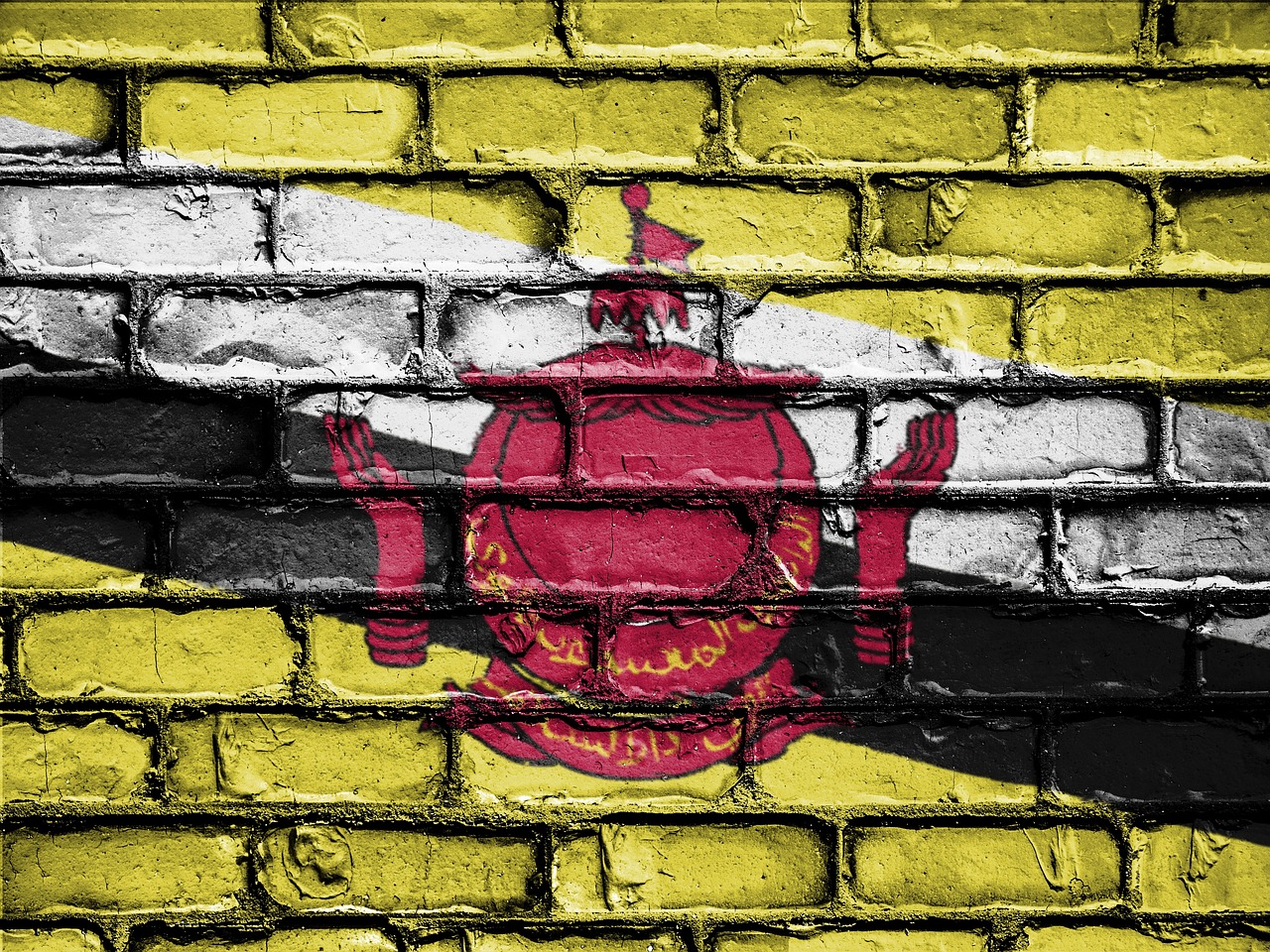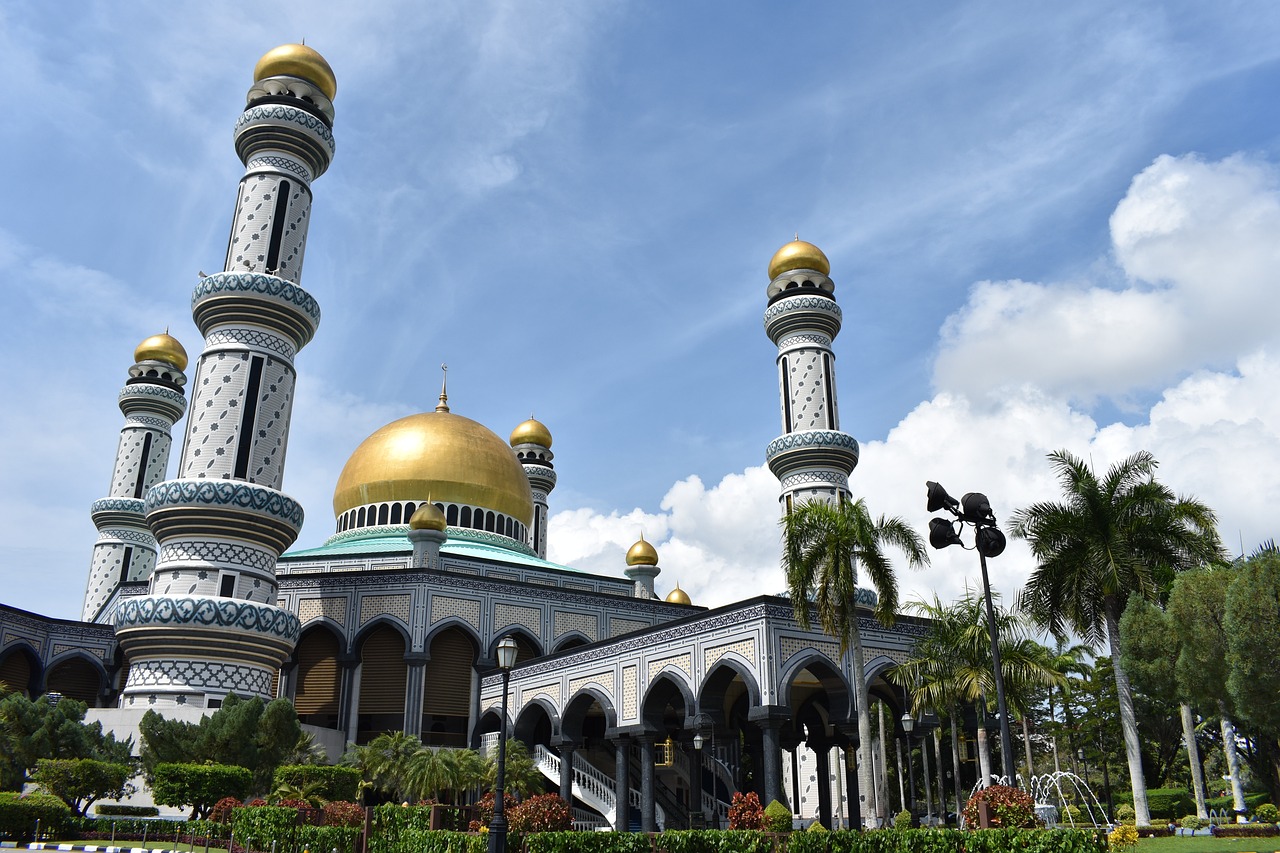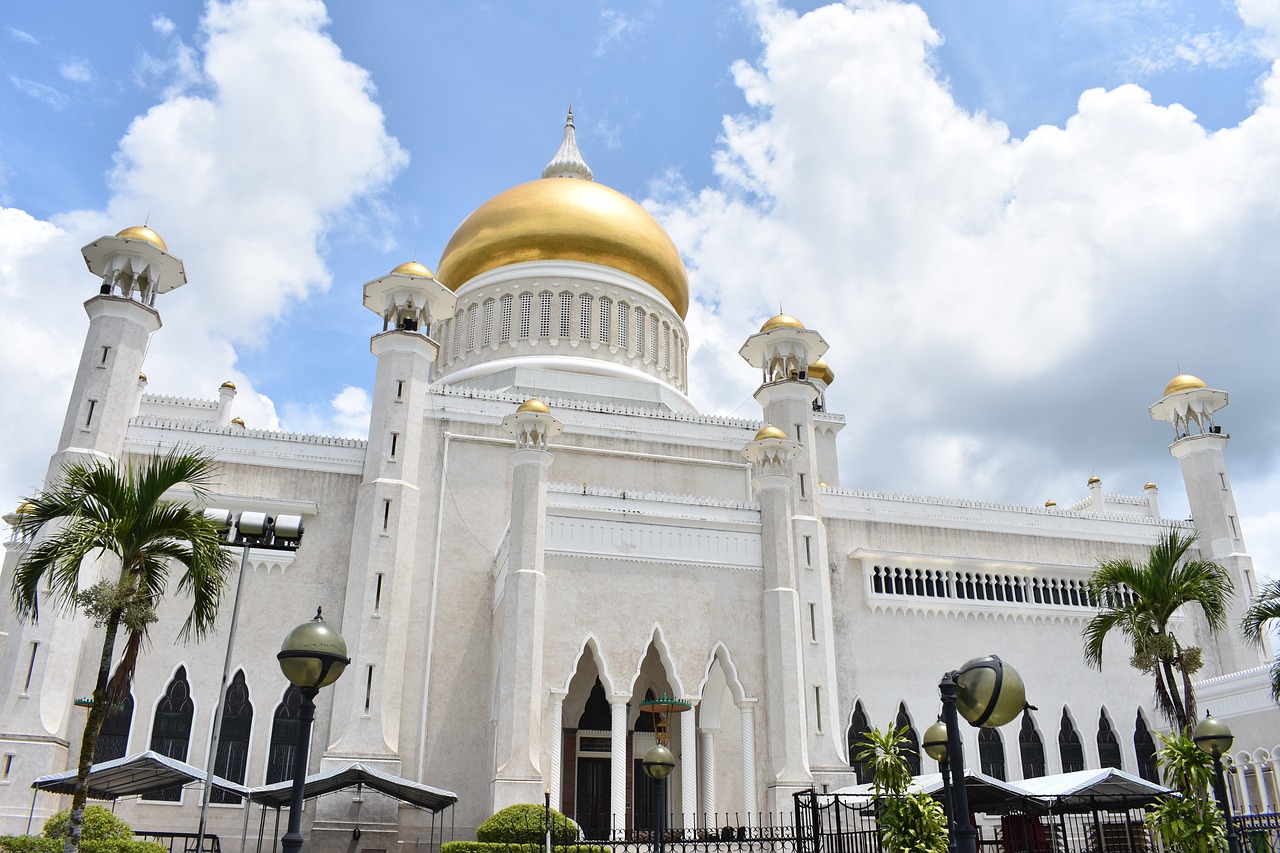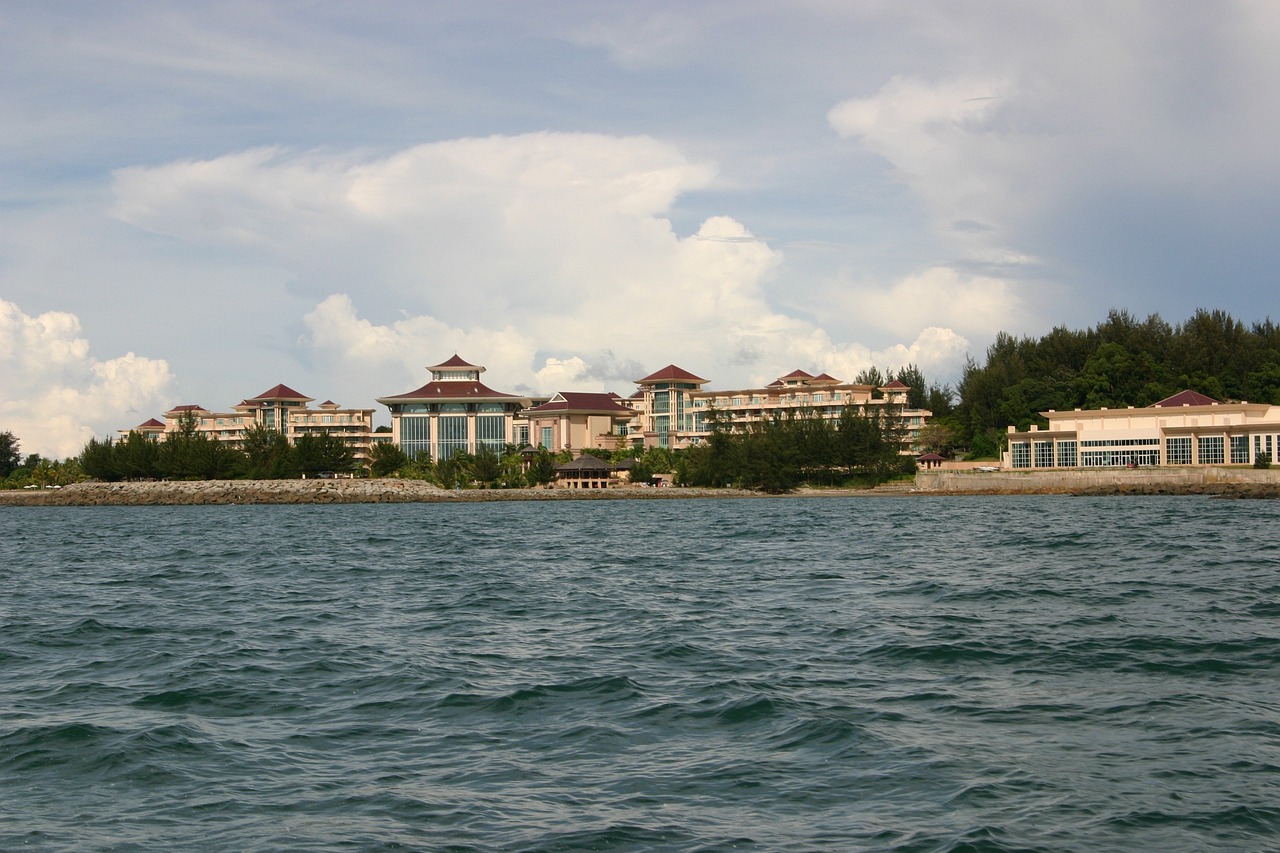Brunei Video
Managing Finances and Payments while Working in Brunei
Brunei, officially known as the Nation of Brunei, the Abode of Peace, is a small sovereign state located on the island of Borneo. It is known for its rich cultural heritage, pristine rainforests, and vibrant economy. If you are planning to work in Brunei, it is essential to understand how to manage your finances and payments effectively. This article will guide you through various aspects of managing your finances while working in Brunei.
Brunei Image 1:

Section 1: Understanding the Currency
Brunei’s official currency is the Brunei Dollar (BND). The currency is denoted by the symbol “$” or “B$”. It is crucial to familiarize yourself with the currency and its denominations before arriving in Brunei. The Brunei Dollar is pegged to the Singapore Dollar (SGD) at a 1:1 exchange rate. This means that the value of one Brunei Dollar is equivalent to one Singapore Dollar.
- Denominations: The Brunei Dollar is available in denominations of 1, 5, 10, 20, 50, and 100 dollars. Coins are available in denominations of 1, 5, 10, 20, and 50 cents.
- Exchange: You can exchange your foreign currency for Brunei Dollars at banks, authorized money changers, and some hotels. It is advisable to compare exchange rates to ensure you get the best value for your money.
- ATMs: ATMs are widely available in Brunei, and most accept international cards. However, it is recommended to inform your bank about your travel plans to avoid any issues with card transactions.
- Credit Cards: Credit cards are widely accepted in hotels, restaurants, and larger establishments. Visa and Mastercard are the most commonly accepted cards. However, it is always good to carry some cash for smaller vendors or places that may not accept cards.
Section 2: Opening a Bank Account
Opening a bank account in Brunei is a straightforward process and can be done by visiting a local bank branch. Having a local bank account will make it easier for you to manage your finances and receive your salary. Here are some key points to consider:
- Choose a Bank: Brunei has several local and international banks to choose from. Some of the prominent banks include Bank Islam Brunei Darussalam (BIBD), Baiduri Bank, and Standard Chartered Bank.
- Required Documents: To open a bank account, you will typically need to provide your passport, work permit, proof of address, and a minimum initial deposit, which varies from bank to bank.
- Account Types: Banks in Brunei offer various types of accounts, including savings accounts, current accounts, and fixed deposit accounts. Consider your financial needs and choose an account that suits you best.
- Online Banking: Most banks in Brunei offer online banking services, allowing you to conveniently manage your finances, make payments, and transfer funds.
Brunei Image 2:

Section 3: Cost of Living
Understanding the cost of living in Brunei is essential for effective financial management. While Brunei is known for its high standard of living, it also offers various amenities and benefits. Here are some key factors to consider:
- Housing: The cost of housing in Brunei can vary depending on the location and type of accommodation. Rental prices range from affordable apartments to luxurious villas.
- Transportation: Public transportation in Brunei includes buses and taxis. The fares are relatively affordable, but owning a car may be more convenient if you plan to explore the country extensively.
- Groceries: The cost of groceries in Brunei is reasonable, with a wide range of local and imported products available in supermarkets and markets.
- Dining Out: Eating out in Brunei can be affordable, especially at local eateries and food stalls. However, dining at upscale restaurants and international chains can be more expensive.
- Utilities: Utility bills, including electricity, water, and internet, are generally affordable in Brunei.
Section 4: Taxation in Brunei
Understanding the taxation system in Brunei is crucial for managing your finances effectively. Here are some key points to consider:
- Personal Income Tax: Brunei does not impose personal income tax on its residents, making it an attractive destination for expatriates.
- Corporate Tax: Corporate tax rates in Brunei vary depending on the type of business and its annual income. It is advisable to consult with a tax professional or the Brunei Inland Revenue Department for specific details.
- Goods and Services Tax (GST): Brunei introduced a Goods and Services Tax (GST) in 2020. The standard rate is 5% on the supply of goods and services, with some exemptions and zero-rated items.
Section 5: Banking Services and Online Payments
Brunei offers a range of banking services and online payment options to facilitate convenient financial management. Here are some key services and platforms available:
- Online Banking: Most banks in Brunei offer online banking services, allowing you to manage your accounts, transfer funds, pay bills, and access other banking services conveniently.
- Mobile Banking: Many banks also provide mobile banking apps for smartphones, enabling you to perform banking transactions on the go.
- E-Wallets: E-wallets, such as BIBD QuickPay and Progresif Pay, are popular in Brunei and allow for quick and secure mobile payments.
- Online Payment Gateways: Various online payment gateways, such as PayPal and Stripe, are widely accepted in Brunei for e-commerce transactions.
Brunei Image 3:

Section 6: Insurance and Retirement Planning
Securing the right insurance coverage and planning for retirement is essential for financial stability in the long term. Here are some considerations:
- Health Insurance: It is advisable to have comprehensive health insurance coverage to ensure you are protected against any unforeseen medical expenses.
- Life Insurance: Life insurance provides financial security for your loved ones in the event of your untimely demise. Consider obtaining a life insurance policy tailored to your needs.
- Retirement Planning: Start planning for retirement early by exploring retirement savings options, such as pension plans or voluntary contribution schemes offered by your employer.
Section 7: Sending Money Abroad
If you need to send money abroad while working in Brunei, there are several options available to you. Here are some popular methods:
- Bank Transfers: You can transfer money internationally through your local bank, but it is essential to compare exchange rates and fees to ensure you get the best deal.
- Money Transfer Services: Companies like Western Union and MoneyGram provide secure and convenient options for sending money abroad.
- Online Remittance Services: Online remittance platforms, such as TransferWise and Remitly, offer competitive exchange rates and low fees for international money transfers.
Section 8: Financial Advisers and Consultants
If you require professional financial advice or assistance, there are reputable financial advisers and consultants available in Brunei. Here are some key points to consider:
- Qualifications and Experience: Look for financial advisers who are qualified and experienced in providing advice specific to Brunei’s financial landscape.
- Services Offered: Financial advisers can assist with investment planning, retirement planning, tax optimization, and other financial matters. Choose an adviser based on your specific needs.
- Research and Recommendations: Before engaging a financial adviser, conduct thorough research and seek recommendations from trusted sources to ensure you choose a reputable professional.
Section 9: Financial Education and Resources
Expanding your financial knowledge and understanding is crucial for effective financial management. Here are some resources and avenues for financial education in Brunei:
- Financial Institutions: Banks and financial institutions in Brunei often conduct financial literacy programs and workshops. Check with your bank for any available resources.
- Government Initiatives: The Brunei government promotes financial education through initiatives like the Financial Planning Association of Brunei (FPAB).
- Online Resources: There are various online platforms, blogs, and websites that offer valuable financial advice and resources. Some recommended websites include FPAB’s official website and reputable financial publications.
Section 10: Budgeting and Saving
Creating a budget and saving money is essential for financial stability. Here are some tips for effective budgeting and saving:
- Track Expenses: Keep a record of your expenses to identify areas where you can cut back and save money.
- Set Financial Goals: Define your financial goals, such as saving for a down payment or building an emergency fund, and allocate a portion of your income towards achieving them.
- Automate Savings: Set up automatic transfers from your salary account to a separate savings account to ensure consistent savings.
- Reduce Unnecessary Expenses: Review your spending habits and identify areas where you can reduce unnecessary expenses, such as dining out or entertainment subscriptions.
Section 11: Avoiding Scams and Fraud
As with any country, it is crucial to be vigilant and protect yourself against scams and fraud while managing your finances in Brunei. Here are some tips to avoid falling victim to scams:
- Be Skeptical: Be cautious of unsolicited phone calls, emails, or messages asking for personal or financial information. Verify the source before providing any details.
- Protect Personal Information: Safeguard your personal and financial information, such as bank account details and passwords. Avoid sharing sensitive information with unknown parties.
- Use Secure Websites: When making online payments or transactions, ensure that the website is secure and encrypted. Look for the padlock symbol in the browser’s address bar.
- Stay Informed: Stay updated on the latest scams and fraud techniques by following official government websites and consumer protection agencies.
Section 12: Conclusion
Managing finances and payments while working in Brunei requires careful planning and understanding of the local financial landscape. By familiarizing yourself with the currency, opening a bank account, budgeting effectively, and utilizing available financial resources, you can ensure a smooth and secure financial journey in Brunei.
References
– Bank Islam Brunei Darussalam (BIBD) – bibd.com.bn
– Baiduri Bank – baiduri.com.bn
– Standard Chartered Bank – sc.com/bn
– Brunei Inland Revenue Department – brunei.gov.bn
– Financial Planning Association of Brunei (FPAB) – fpab.org.bn
– TransferWise – transferwise.com
– Remitly – remitly.com
Note: The images used in this article are sourced from gypsywarrior.com and are for illustrative purposes only.


